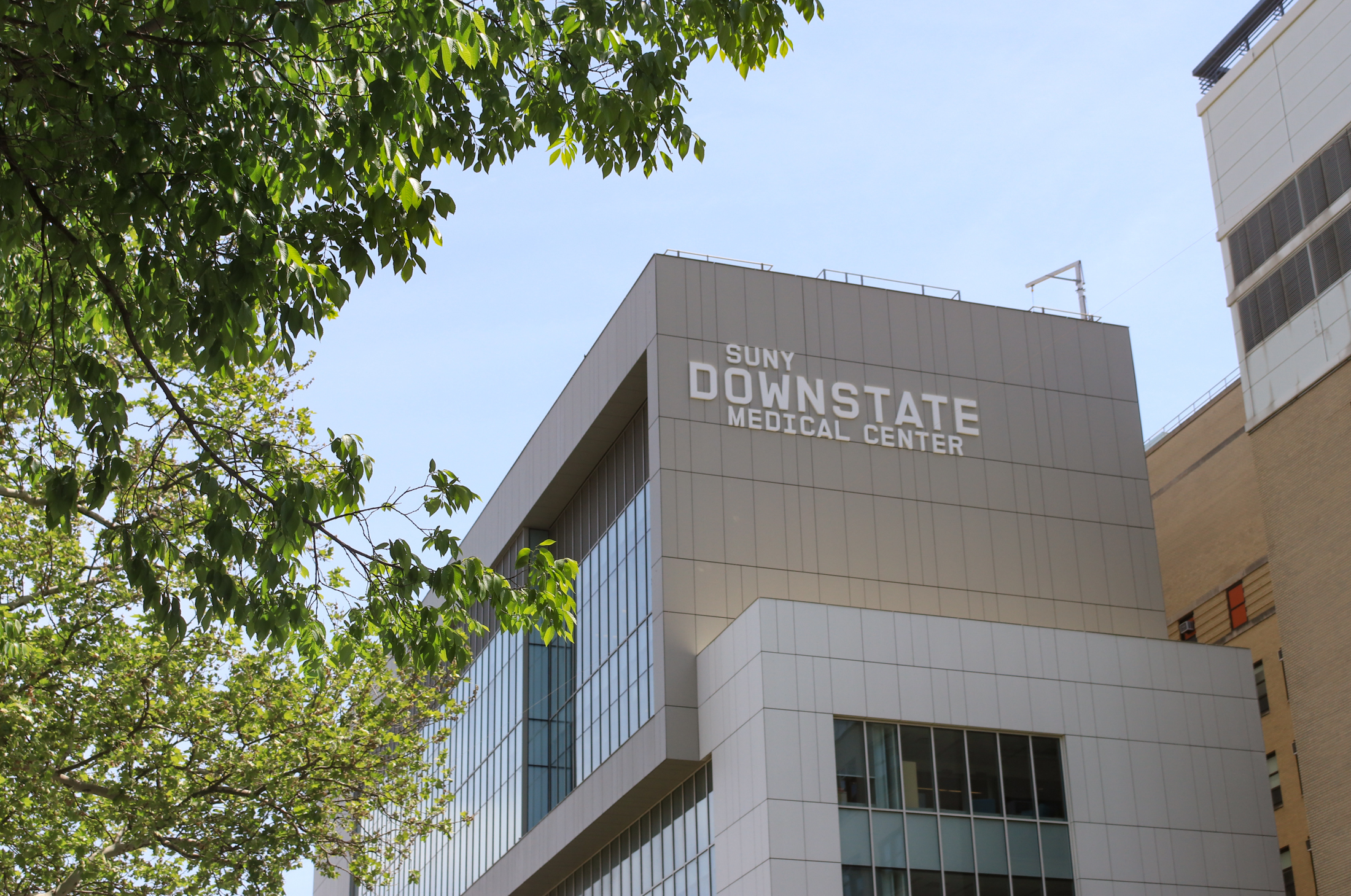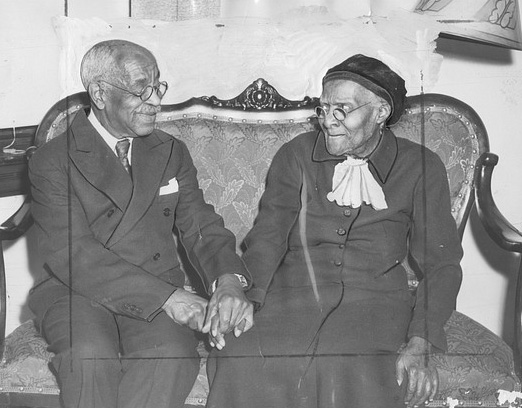What's Next for the Tobacco Warehouse?
A judge’s ruling last week that Dumbo’s Tobacco Warehouse must remain under the designation of federal parkland was a death blow for arts organization St. Ann’s Warehouse, which had been planning to redevelop the space, but it also raised questions about how the waterfront property will be used in the future, as an article in…

A judge’s ruling last week that Dumbo’s Tobacco Warehouse must remain under the designation of federal parkland was a death blow for arts organization St. Ann’s Warehouse, which had been planning to redevelop the space, but it also raised questions about how the waterfront property will be used in the future, as an article in The Journal explores. According to the story, it’s likely that the warehouse will still be “semi-public” for the time being, but Regina Myer, president of the Brooklyn Bridge Park Corp., which oversees the warehouses, says the organization is still looking into what to do with it in the long term. Jane McGroarty, president of the Brooklyn Heights Association, one of the community groups that sued over the warehouse’s transfer, says the following: “Frankly I think there are a lot of people who think that the Tobacco Warehouse should remain without a roof and as a public space.” The story also notes that possible future uses envisioned by community groups include a performance space and skating rink.
Ruling Leaves Unclear Path [WSJ]
It’s Official: No St. Ann’s for Tobacco Warehouse [Brownstoner]
Photo by Listen Missy!









the poor state shpo with its four skinny cats on staff. you are making them sound like the pentagon. They can be very tough on projects seeking tax act benefits. Very few of those go through in NYC for various technical reasons. otherwise their input is little to none. none if the project is privately financed. the agency with the teeth is the City Landmarks commission and as I previously stated, they do not care about the interior. I don’t know why the developer in question is so adverse to a theater in the Empire Stores. Seems to me a vast cavernous space with no windows would be ideally suited to such a use.
But we agree to disagree, time will tell what will become of those great old buildings -so miraculously saved by Senator Moynihan and now, still, after all this time, facing a very uncertain future.
The state, at most, has an advisory role on the reuse of the Empire Stores. It is no longer state owned. The Landmarks Commission could not care less what happens inside the building. I do not understand your emphatic assertions that there is no way that a theater use could be approved inside the Empire Stores. I am fairly well-versed on these matters and I totally disagree with you on this point.
In any event the reuse of the Empire Stores remains a huge question mark. At this point in time, the state would embrace ANY reuse scenario short of a nuclear reactor. The question now is who is responsible for its maintenance as the government was unable through its “Boardwalk Empire” shenanigans to illegally dispose of it.
The theater should have gone into the Empire Stores. The developer/Czar of the area did not want it there for some reason and is trying to blame the landmarks agencies even though no real plan was ever brought forward for that very sensible re-use.
St. Ann’s is alright but it is not like the greatest theatrical gift to ever hit our culture-starved city. At a certain point the praise becomes hyperbole.
They probably already have another place picked out but they wanted what they wanted and are pissed and are acting like entitled bratty prima donas, which frankly, is their usual mode and what got them kicked out of their last home on Montague Street.
I think it would have been cool to build a smaller freestanding structure within the tobacco Warehouse, leaving the shell as it. Even better if the freestanding structure was semi-permanent so as not to permanently change the Warehouse. Although I imagine NYC DOB would have a lot to say about that.
I think St Ann’s would have been a better fit in the Empire Stores next door, the building WITH a roof.
I don’t know- it seemed to me that St. Ann’s would have been a good fit so long as they left public space, and offered the community some amenities.
It certainly is not a “deathblow” to St. Ann’s Warehouse. What a thing to write!
It is probably the end of their plans to build a new theater in the shell of the TW but they will find another venue in which to perform. Perhaps one that is more accessible to public transportation and closer to other cultural institutions..
Exactly right!